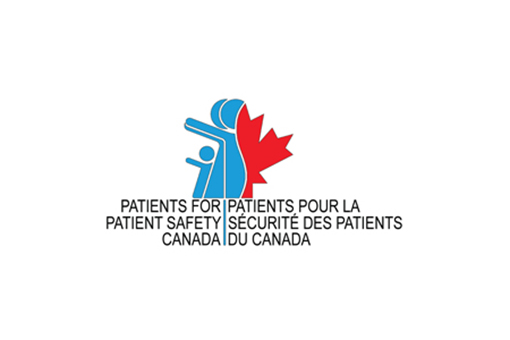Palliative experiences of two loved ones continues Carol’s inspiration to advocate for others
November 1, 2012
The lingering deaths of two loved ones continues to inspire Carol Kushner, a champion of compassion in healthcare.
Carol’s best friend died gracefully this year, after weeks of love and laughter. Carol’s father’s death, almost 30 years ago, was cruel by comparison.
“Heaven and hell,” says Carol, a health policy analyst and co-chair of Patients for Patient Safety Canada (a patient-led program of Healthcare Excellence Canada), whose views are informed by the two intimate experiences.
“My father was a hunting and fishing, good old boy,” says Carol. “He loved to laugh. He loved to cook. He loved gardening.”
Ken Wilson, she says, was one of those people blessed with a full grasp on life. He was healthy and hearty until he reached the age of 60, in December 1971, when he was diagnosed with bowel cancer.
The initial treatment seemed successful, but by the spring of 1972 he began noticing bone pain in his legs and spine.
“It was pretty clear that this pain was going to continue until he died,” says Carol. “Unfortunately, his pain was very badly controlled.”
Ken wanted to die at home and his wishes were granted. But extensive at-home support for patients and families was rare in those years.
Ken was in agony. He developed a huge bed sore at the base of his spine that might have been prevented if the family had been taught about the need to turn him frequently. He was only given Aspirin and 292s for his pain. Carol, her mother and her aunt were frustrated and helpless.
“I can’t tell you how terrible we felt because he was suffering so much,” says Carol. “I can’t describe the stress. He was in such pain that he wanted us to kill him. He wanted to kill himself, but he no longer had the strength.”
In his final four weeks, Ken was finally given morphine and some peace came for him and his family.
“My best friend, Lorraine Brown, died the end of January of this year,” says Kushner. “She had terminal cancer — she knew well in advance that she wasn’t going to survive — and wanted to die at home.”
This experience was markedly different, says Carol. First, there was a team of nurses and personal support workers who taught Lorraine’s loved ones how to keep her comfortable and safe. Lorraine’s family doctor, head of palliative care for the region, also visited her once a week.
Lorraine’s condition was grave, at least in physical terms. She could no longer eat or go to the bathroom. She was hooked up to a pain pump, a gastric pump and lines to provide nutrition and medications.
Carol moved into Lorraine’s home and helped administer care, including injections, and helped turn Lorraine when she could no longer move independently. Friends and family knew they needed to be scrupulous about hand-washing and hygiene.
“It may sound strange but my friend Lorraine and I — and my husband and her husband — had a lot of fun in those last five weeks,” says Kushner. “I am very proud that she had no infections and no skin breakdowns when she died. She was pain free and that was an extraordinarily uplifting experience compared to the difficult journey with my father.”
Carol expected Lorraine would want to talk about old times, all the things she’d done and places she’d been. But that wasn’t the case.
“What she wanted to talk about was the here and now,” says Carol. “That was so interesting for me because it taught me how to be right in the moment and not dwell on the past or on what was going to come.”
The laughter was over silly things, says Carol. For example, Carol called the swabs used before injections Chemo Swabby. “She’d crack up over that,” says Carol. Two weeks after arriving home from the hospital, Lorraine asked that her nutrition line be discontinued. Everyone knew the consequences, but they were okay with it, says Carol.
“People need choices around where they die and how they die,” says Carol.
The healthcare system is properly aimed at saving and extending life. But Carol says it must also be intimately involved with death itself. “I want the healthcare system to be more humane, more empathetic — kinder,” says Carol. “We are all human beings.
We all deserve to have the best possible death. We now know a lot more about how to make that happen. It’s not easy. It’s time consuming and it’s hard, but it’s so rewarding to make a difference to someone at such a crucial time.”
After experiencing the death of her father and later the death of her friend, Carol Kushner knows first-hand the importance of a kind healthcare system.

Want to read more?
